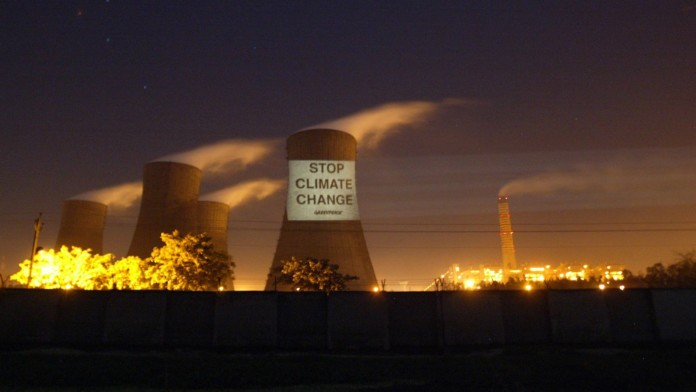Nearly 300 thermal power plants missed the December 7, 2017 deadline to install pollution containment systems even after they were given two years to do so. If the 13 plants that are within 300 kms around Delhi had followed the Ministry of Environment norms put out in 2015, the winter wouldn’t have been this bad.
The notification, issued in December 2015, aimed at bringing down sulphur dioxide (SO2), nitrogen oxide (NOx), PM10 and mercury emissions by about 75-80 percent.
Of the 90 plants that received NGO Jhatka’s RTI queries, only 17 responded. From the answers, it seemed that even though they had the technology, thermal plants lag on cutting emissions.
However, a ministry spokesman said: “The ministry stands by its notification. However, we need to be practical. We can’t switch to these technologies overnight.” The spokesman indicated that they could be up by October next year which could make the winter less harmful.
The thermal power plants were expected to install three pieces of systems for cleaner emissions — Electrostatic Precipitators (ESPs) for particulate matter, Flue Gas Desulphurisation (FGD) to minimise SO2 and mercury, and Selective Catalytic Converter (SCR) and Selective Non-Catalytic Converter (SNCR) to reduce NOx.
RTI replies showed that most plants are still studying the feasibility of FGDs and have not installed the catalytic converters.
National Thermal Power Corporation (NTPC), in its defense said that it could not shut down all its power plants, which produce a combined 16GW of energy, to install catalytic converters and FGDs.
According to Jhatka, the power plants also argued that the cost of retrofitting the plants would have to be borne by the customers. However, in its statement, the civil society groups quoted research from the Centre for Science and Environment, which stated that the cost would be less than 3 percent annual increase of the power tariff for the next three years.
The new norms also call for reduced water usage by coal-based power plants, which are known to be notorious water guzzlers. But thanks to industry lobbying, the new limits were watered down by 20% before their introduction.










